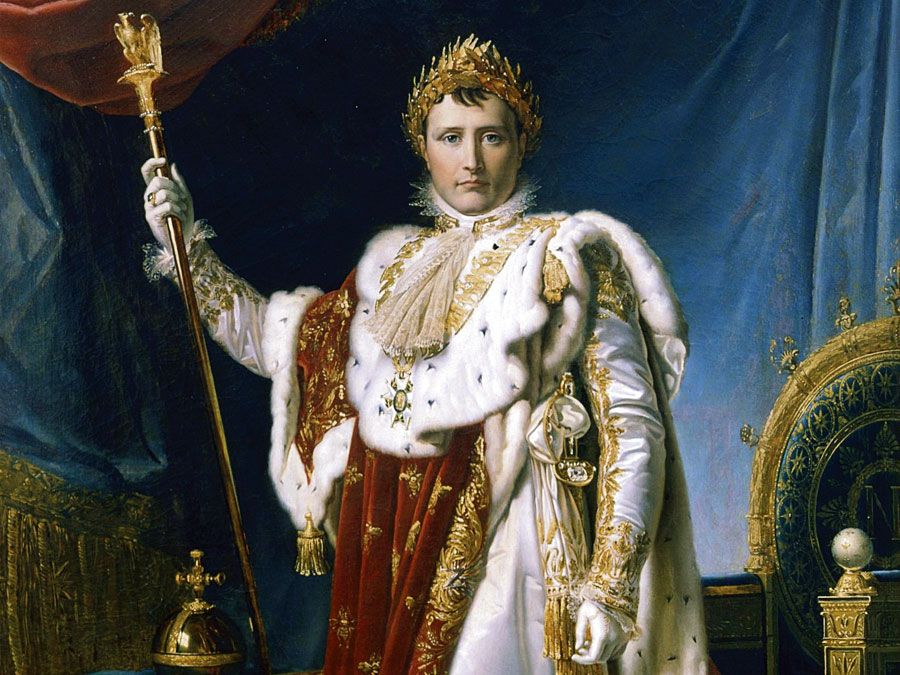Louis II
- Born:
- c. 822
- Died:
- Aug. 12, 875, near Brescia, Lombardy
- Title / Office:
- emperor (850-875), Holy Roman Empire
Louis II (born c. 822—died Aug. 12, 875, near Brescia, Lombardy) was a Frankish emperor (850–875) who, as ruler of Italy, was instrumental in checking the Arab invasion of the peninsula.
The eldest son of the Frankish emperor Lothar I, who ruled the “middle realm” of what had once been Charlemagne’s empire, Louis took over the administration of Italy on his father’s behalf in 844 and was crowned king of the Lombards in Rome on June 15 of that year. In April 850 he was crowned emperor. When his father divided his realm in September 855, Italy was allotted to Louis. After Lothar’s death a few weeks later, Louis was sole emperor, a dignity which at that time implied rule over only part of the Carolingian dominions, without suzerainty over the whole.
In 859 Louis II acquired territory from his brother Lothar II, king of Lotharingia (Lorraine), and at the death of his other brother, King Charles of Provence, in 863, he received a large part of that kingdom.

Louis II’s most important task was the war against the Arabs, who had seized Bari and various other places in southern Italy. In 866 he began an extensive campaign that, with the help of the Byzantine fleet, culminated in the conquest of the Arab headquarters at Bari (February 871). In August 871, however, the emperor was made prisoner by Adelchis, duke of Benevento. The duke feared that Louis would attempt to assert his sovereignty, and he extracted from his prisoner a promise not to reenter the southern part of the peninsula.
Adelchis soon set Louis free, but after obtaining from the pope a dispensation from his oath, the emperor returned to southern Italy. Although he won another victory, near Capua, in 872, his power and energy no longer sufficed for a decisive blow against the Arabs. He gave up his hopes and withdrew to northern Italy, where he died shortly thereafter. His only child was a daughter, and the elder male line of the Carolingian dynasty thus expired with him.









